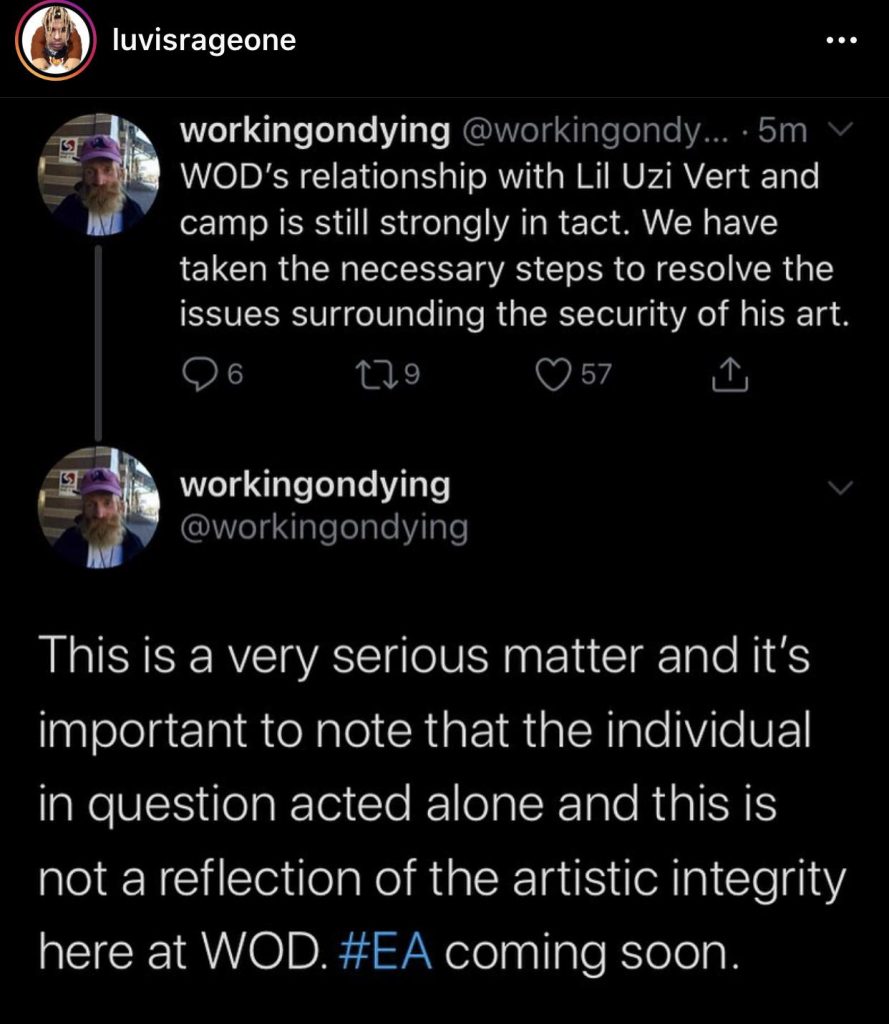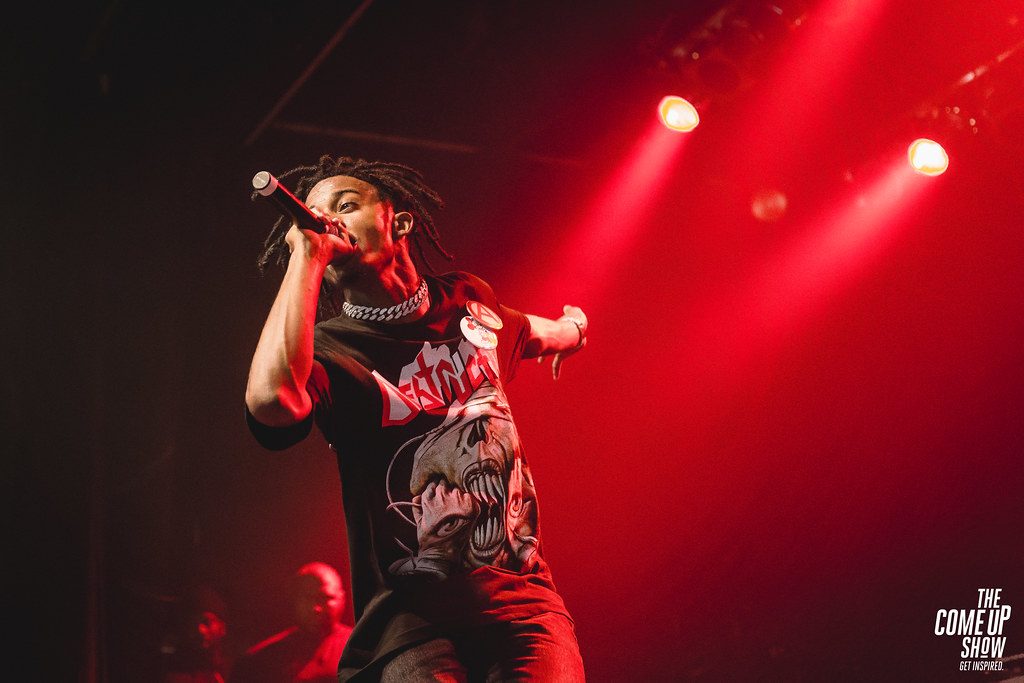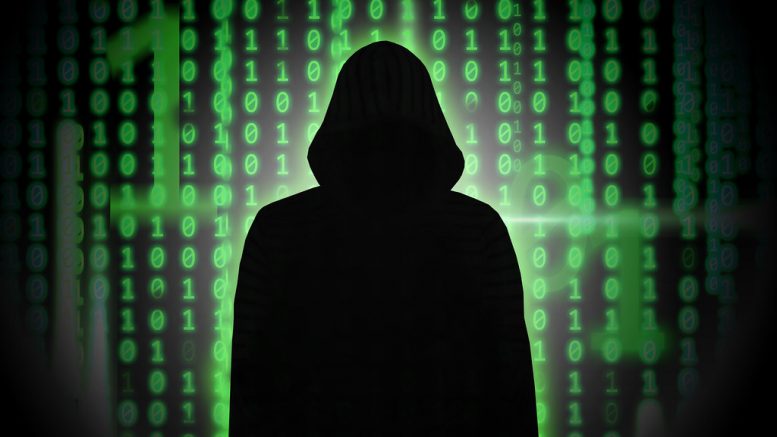There’s a black market for almost anything and everything. From hand-made clothes out of existing brands being resold, to the early days where torrent websites would allow you to pirate movies that had just been released, there has always been an underground demand for product without the owner’s permission – particularly in the internet age.
Underneath mainstream streaming services, there is a huge online community bubbling that is selling unreleased music back and forth from popular artists right under the nose of the music industry. While on the surface, this is great news for fans who want to feel like they’re in the studio with their favourite artists, the artists in question are suffering as a result.
You can’t talk about music leaks without talking about one of the most famous examples in recent memory: Jai Paul. Born in Greater London, Paul exploded in popularity off of the success of his initial MySpace demo recording: “BTSTU” in 2007, one of the earliest examples of musical success using the internet.
After this track was reworked by DJ and celebrity culture icon, Zane Lowe, in 2011, Paul was set for success. However, in 2013, a member of his team burned a collection of material dating back 13 years onto a CD, only for it to be misplaced, stolen, and subsequently leaked online for free use. The CD included complete bodies of work, demos, and stems that were never said to see the light of day.
After this, Jai Paul went on a 6-year solo hiatus, with his only musical output being several production collaborations with his brother, A.K. 2019 saw the return of Paul with his critically acclaimed “Bait Ones: 04-13”, an official, profitable release of the fully fleshed leaked material from years ago.
Since the decline of CD’s, which ended up being the crux of Jai Paul’s career earlier this decade, the rise of the internet has only spawned a wider community for leaked music; what can now be referred to as ‘leak culture’.
As aforementioned, the likelihood of a song or an album leaking online usually stems from someone working within the camp of an artist, or more bluntly: hackers. The former involves a producer, engineer, or someone simply being involved in the studio session distributing the tracks to be mixed, mastered, etc. and then the material ends up being passed down through the grapevine. A recent high-profile example of this was music producer Forza, of the duo: Working on Dying, releasing countless leaks from Philadelphia rapper, Lil Uzi Vert, among his friends, even selling some. Uzi Vert, real name Symere Woods, has not released a full-length album since 2017, with leaks being cited as a prime hindrance.

The latter – hacking – is just as common to happen to artists resulting in their music being leaked, though more often than not, there’s little method into actually hacking to begin with.
A 2019 study showed that 23.2 million people worldwide were still guilty of using the password ‘123456’, as well as some of the most commonly used passwords being fictional characters such as Naruto, Superman, and Tigger and top Premier League football clubs: Liverpool, Chelsea, and Arsenal. An end-of-2018 study also showed that 50% of internet users have re-used passwords, putting cyber security in peril even for the average person. So a few guesses at getting into your favourite artists’ iCloud could more often than not get you early access to their new album regardless of whether you know binary.
Producer, engineer, and performer, Pi’erre Bourne, has gone on record saying that he doesn’t use passwords as all of his material is stored on his personal computers as opposed to studio equipment. Ahead of the release of his 2019 collaborative album with Atlanta rapper, Young Nudy, one of the album’s biggest potential singles was leaked online before the release.
The song “Pissy Pamper” was first released as a low-quality snippet on Reddit with a 30 second verse from rapper, Playboi Carti. Due to the lyrics, the snippet and the song was referred to as “Kid Cudi”. The full song, produced by Pi’erre, and featuring vocals from Carti and Young Nudy, leaked in full a week later, and did not make the final cut of Nudy and Pi’erre’s album “Sli’merre”, as the sample in the instrumental was not cleared before its leak to the public.
What was most incredible about this leak in particular, was how it was made readily available to streaming services. The song was disguised as “Kid Cudi” under the artist, YungGen, responsible for a number of leaked Playboi Carti and Lil Uzi Vert songs and uploading them under false aliases to Spotify and Apple Music. The track soared to #1 in the Spotify viral chart that week, and it is unfathomed how much money that Nudy, Pi’erre, and Carti missed out on.
Playboi Carti, real name Jordan Carter, is a name that has sky-rocketed in the past couple of years without releasing any sort of music. Carti is yet to follow up his 2018 album, “Die Lit”, with fans having to resort to leaks as the only means of new music.
The statistics are genuinely impressive, but also objectively sad. Carti is the most viewed artist on Genius from 2017 to present day, though only 36 of his 109 songs available on the site have been official releases – with the rest being completely leaked material. Many have attributed this to weak cyber security, while others have suggested that Carti himself or members of his team are putting out the tracks.

As we enter the 2020s, the age of music sharing has never been easier, however, there are ways that damage can be controlled. As mentioned earlier, higher cyber security should be a priority for these artists. Huge name artists are almost never suspect to this and a lot of that is likely to come down to bigger investment in music protection, and a more trustworthy circle during studio sessions. If the music is protected, the artist’s bank accounts and careers are likely to be protected as well.


Be the first to comment on "Music ‘leak culture’: How the internet became more powerful than the industry"